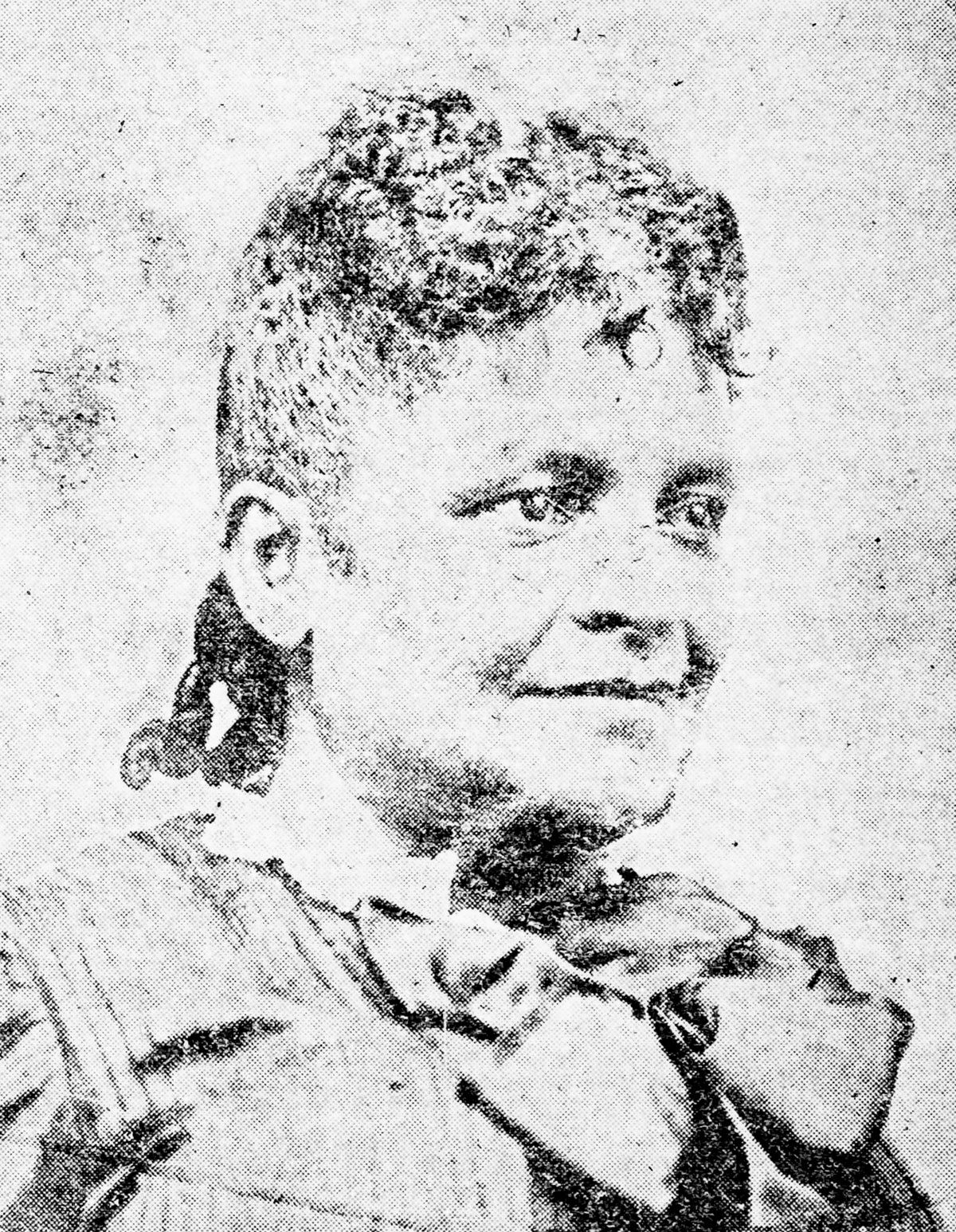
Naomi Anderson, c. 1893, Schomburg Center for Research in Black Culture, Manuscripts, Archives and Rare Books Division, The New York Public Library Digital Collections. https://digitalcollections.nypl.org/items/510d47df-755b-a3d9-e040-e00a18064a99
On March 1, 1843, Naomi Bowman Talbert Anderson was born in Michigan City, Indiana, to Elijah and Guilly Ann Bowman. She was a writer, speaker, and advocate for women’s rights and racial equality. Her mother encouraged her education, and at twelve years old her poetry caught the attention of the mostly white community and she was invited to attend the previously all-white school. At age twenty, she married barber William Talbert, and they moved to Chicago.
In Chicago, Bowman Talbert became involved in the growing women’s movement as well as the temperance movement, which promoted abstaining from alcohol consumption. In 1869, Bowman Talbert spoke at Chicago women’s suffrage convention and urged attendees to support voting rights regardless of race or sex. However, she wasn’t always credited for her work. Suffragists Elizabeth Cady Stanton and Susan B. Anthony publicized her 1869 speech in their newspaper, The Revolution, but identified her only as “a colored woman.”
After her husband died in 1877, Bowman Talbert had to support her family, first as a hairdresser and then as a teacher. She married Lewis Anderson in 1881, and they moved to Wichita, Kansas, where she continued her activist work. In Wichita, she founded an orphanage for Black children who were excluded from the whites-only children’s home. In the 1890s, she campaigned for suffrage, calling for “justice and . . . a voice in making the law” for women.
Learn more about Naomi Bowman Talbert Anderson and other early suffrage activists in our online experience Democracy Limited: Chicago Women and the Vote.